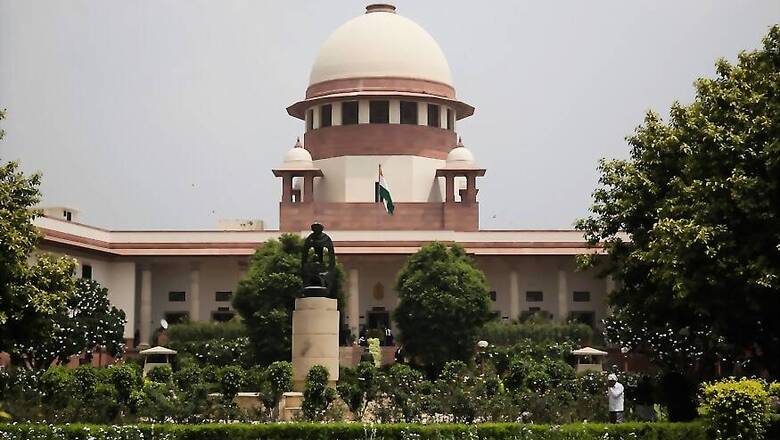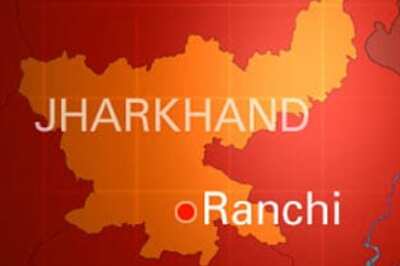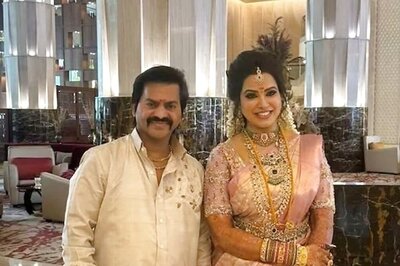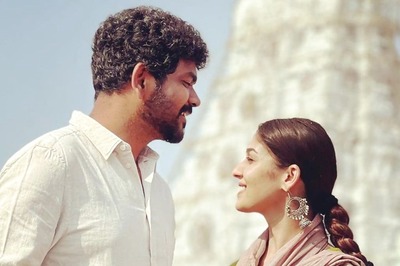
views
New Delhi: The Supreme Court on Monday agreed to examine the constitutional validity of the prevalent practices of polygamy and 'nikah halala' among Muslims and sought responses from the Centre and the Law Commission.
A bench headed by Chief Justice Dipak Misra considered the submission that the previous five-judge constitution bench, in its 2017 verdict, had kept open the issue of polygamy and 'nikah halala' while quashing triple talaq.
On Monday, the bench, which also comprised Justices A M Khanwilkar and D Y Chandrachud, said a fresh five-judge constitution bench would be set up to deal with the constitutionality of 'nikah halala' and polygamy.
While polygamy allows a Muslim man to have four wives, 'nikah halala' deals with the process in which a Muslim woman has to marry another person and get divorced from him before being allowed to marry her divorcee husband again.
By a majority of 3:2, a five-judge constitution bench had earlier held triple talaq as unconstitutional in its judgement delivered last year.
The bench was hearing at least three petitions including some PILs challenging the practices on various grounds including that they violate Right to Equality and gender justice.




















Comments
0 comment